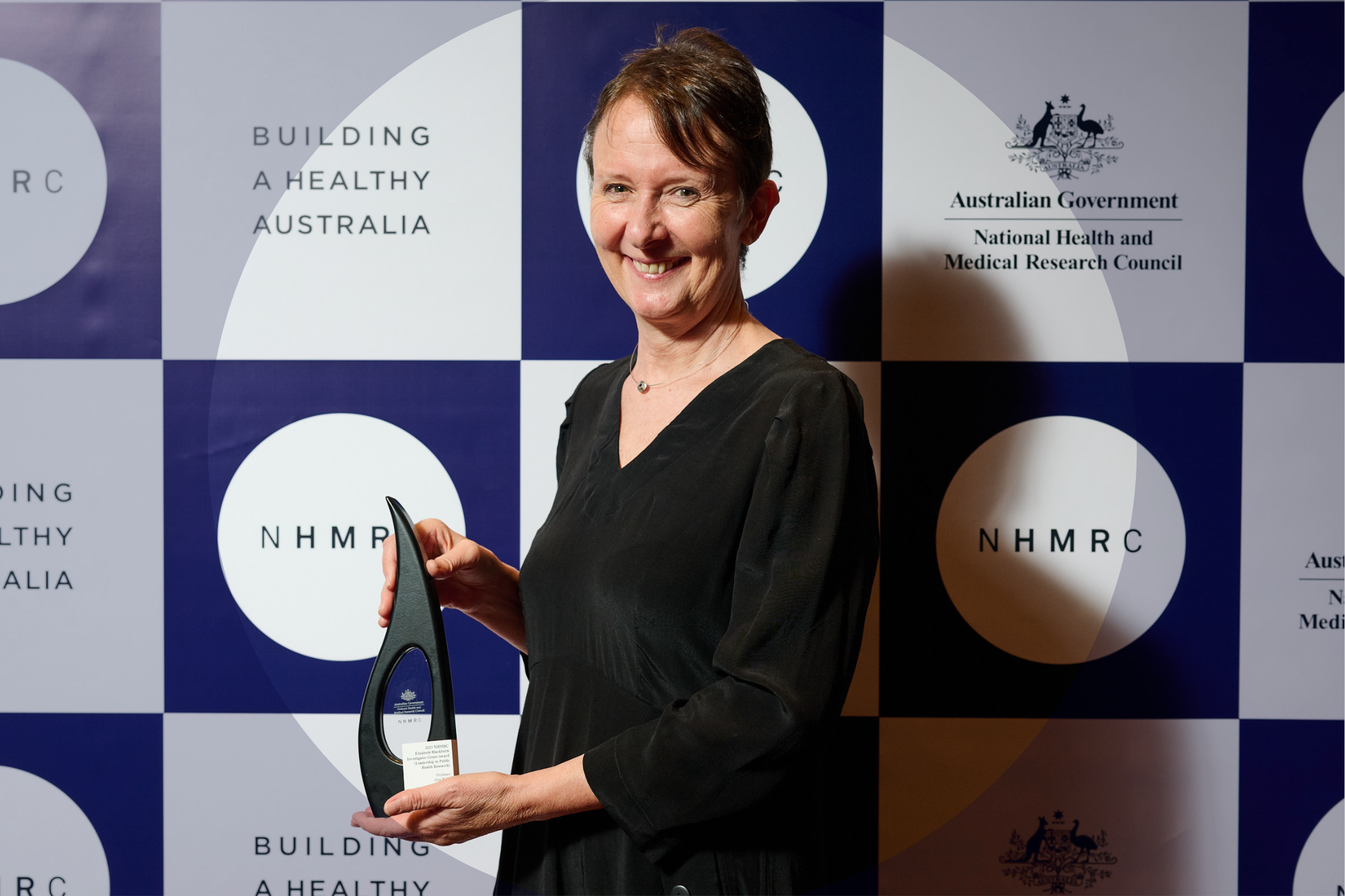Professor Jane Pirkis is the Director of the Centre for Mental Health and Community Wellbeing at the University of Melbourne. With a background in public health, Professor Pirkis has worked in the area of suicide prevention for over 25 years, contributing to knowledge about which interventions are effective in preventing suicide. Professor Pirkis’s work has also emphasised media-based interventions and interventions that involve restricting access to means of suicide. Professor Pirkis is the recipient of The University of Melbourne’s Marles Medal (2021) and is also the recipient of a Distinguished Alumni Award at the University of Tasmania (2017) and has received a Lifetime Research LIFE Award through Suicide Prevention Australia (2010).
Suicide is a major societal problem with far-reaching consequences. In Australia, there are nine suicides each day. There is a resounding ripple effect for the families and friends of those who die, with many experiencing intense and often long-lasting grief.
Despite considerable investment in suicide prevention, the problem has remained intractable. We still know far too little about what works (and what doesn’t work) in suicide prevention.
My research takes a public health approach to identifying effective suicide prevention interventions. The suicide prevention field has traditionally emphasised clinical solutions, with suicidal thoughts and behaviours being regarded as symptoms of mental illness that should be treated with pharmacological or psychological therapies. These clinical strategies are clearly important for people who present to services in a suicidal crisis, but they will only reach those who are already at this point.
A more comprehensive public health approach that focuses on the social determinants of suicide is required to prevent people becoming suicidal and is likely to yield far greater benefits at a population level.
This Investigator Grant will allow me and my team to generate new knowledge about ‘best bet’ suicide prevention interventions.
We will conduct cutting-edge studies of a variety of interventions that address the circumstances that place people at risk for suicide (for example, social protection policies designed to support people in financial hardship).
These interventions have been chosen because of the high suicide rates among the groups they target. This means that if they are shown to be effective and cost-effective and were to be delivered at scale, the results could be game-changing. The work is timely because Australia is currently developing a new National Suicide Prevention Strategy. We will collaborate with key stakeholders to ensure that our finding shape the way that the Strategy is rolled out.
Reflecting on it, I think I inherited a public health view of the world from my mother. She had been a hospital nurse, working in clinical treatment roles. But her focus shifted to prevention, and she became much more interested in upstream approaches to promoting health. She was big on healthy eating and wearing seatbelts and bike helmets, long before these things were really a thing.
It is probably not surprising that my career took the trajectory it did. I initially studied psychology, and then epidemiology. I learned a lot about mental health from psychology, but working clinically with individuals wasn’t quite what I wanted to do. Conducting epidemiological studies to answer big-picture, population-level questions about mental health suited me much better.
My PhD involved a series of epidemiological studies about suicidal thoughts and behaviours, and I have never looked back.
I feel very privileged to have landed in a career that I love. It’s great to see a new generation of researchers coming through. If I was to offer one key piece of advice that has worked for me over the years, it would be to seize opportunities to get involved in different projects and work with different people. One thing almost always leads to another!

